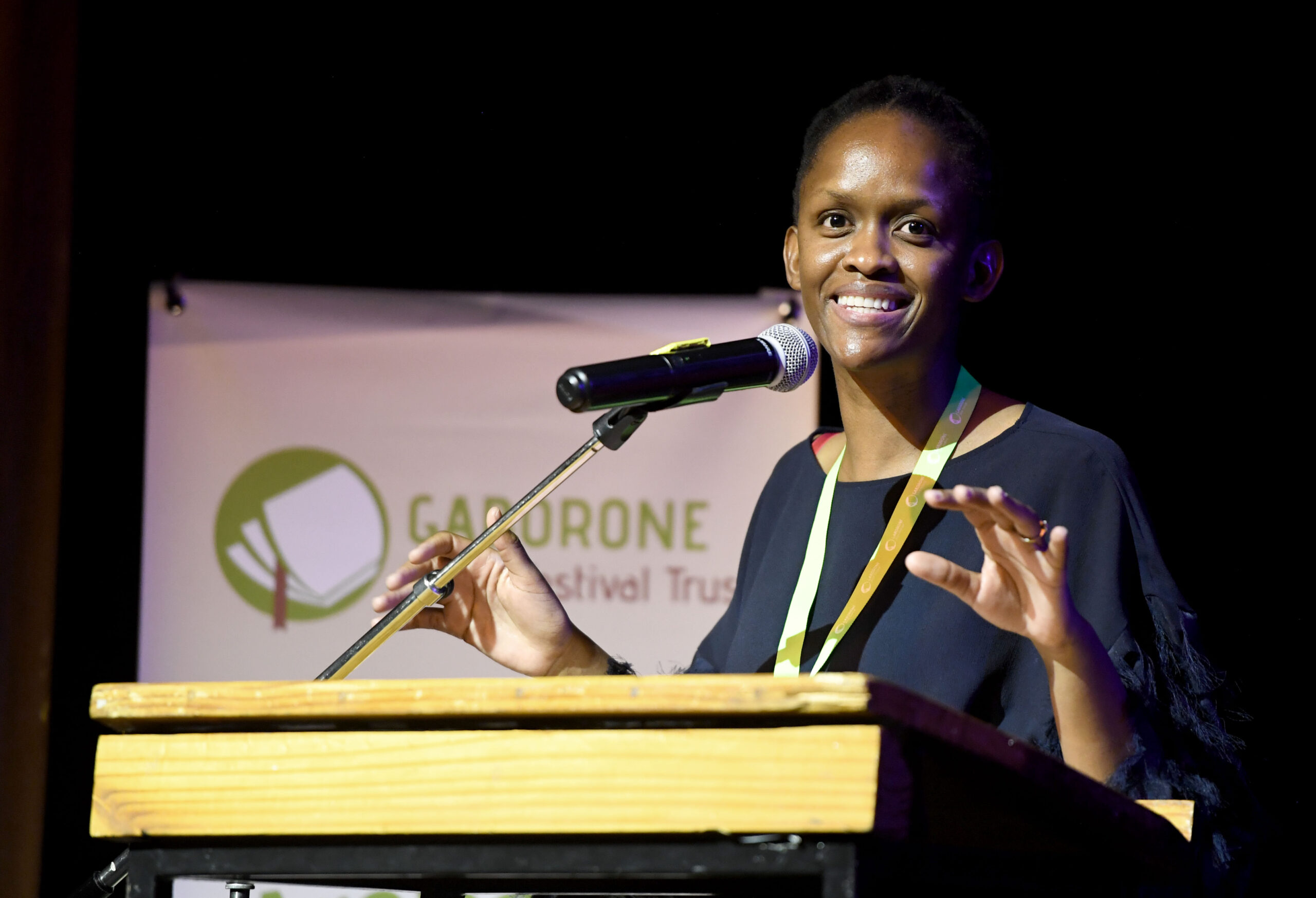Being stuck at home has its upsides, afterall
GOSEGO MOTSUMI
For bookworms, 2021 is poised to be more exciting because the founders and curators of Gaborone Book Festival (GBF) have shared their recommended reads to start the New Year off. From salient talking points on the times we live in to award-winning books, GBF founders Kenanao and Keikantse Phele’s book recommendations are based on their current and past reading.
Kenanao likes to read books that engage positively and are highly of Africa, debunking the myth that staying and living abroad is always better than at home on the Mother Continent. She also enjoys reading about migration and home and highly recommends Behold the Dreamer” by Imbolo Mbue, which is a novel about marriage, immigration, class, race, and trapdoors in the American Dream. She also recommends Helon Habila’s “Travellers” in which the author brings African expat and migrant stories to life in a number of short stories.
Factual and historical fiction also makes her list of favorite genres. She highly recommends Petina Gappah’s “Out of Darkness, Shining Light,” which is a work of historical fiction that delves into the story of two African servants of famed 19th-century explorer David Livingstone. Local author Lauri Kubuitsile’s “The Scattering” is another recommended fiction novel that chronicles the 1904 German-Herero War, its trail of destruction and the emotional truth of the war’s impact.
“Donald Molosi has written an important book titled “Dear Upright African” which should be a recommended read for students and everyone in the education ecosystem across the continent,” Kenanao said.
For the past three years, co-founder of GBF Keikantse has focused her reading on African literature, from history, music fiction, African feminism, women relations and support, ancestry, queer stories and African anthologies. “What I love is the similarities that are across in African culture, both positive and negative,” she says. “For me it’s a joy to read and be able to identify with what is written, be it a story being told under the stars around a fire or African myths about boRaboko (ritual murderers).”
On issues of projecting motherhood as a social and natural flow for women, Keikantse recommends Buchi Emecheta’s “The Joys of Motherhood.” Emecheta is a prolific writer and sets the tone of the positivity and negativity of assumed motherhood. This intersection can be coupled with Odafe Atoguns’ “Wake me When Am Gone,” which is a story of curses broken and lives remade, of great tragedy and incredible rebirth. For a good reflection on family support, Niq Mhlongo’s “Black Tax: Burden or Ubuntu?” is an excellent read.
She points out that one of Africa’s prolific writers is Chinua Achebe whose writings remain critical to critiquing and questioning aspects of Africanism. The late Ray Molomo’s “Sebaga Sa Lorato” on love and traditional lifestyle is also an excellent book written in Setswana.
On queer stories and feminism, Keikantse recommends “Feminism Is” that is edited by Jen Thorpe, which is a book where South African feminists explore their often vastly different experiences and perspectives in an accessible and engaging voice. “She Called Me Woman: Nigeria’s Queer Women Speak” by Azeneernah Mohammed is another recommended book that has put together a collection of 25 narratives to correct the invisibility, the confusion and the writing out of queer women from history.
“The Girl with the Louding Voice” by Abi Dare is the inspiring story of a teenage girl growing up in a rural Nigerian village who longs to get an education so that she can find her “louding voice” and speak up for herself. Lastly, Keikantse recommends Kopano Matlwa’s “Spilt Milk,” which brings hope of what sheer determination is.

